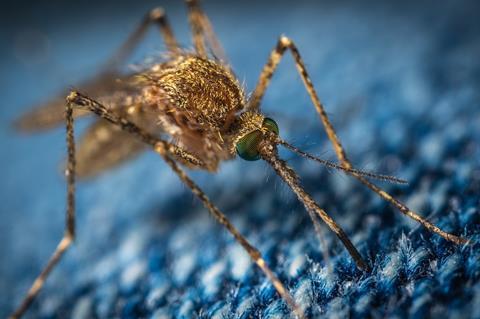
The company says its Sanaria® Plasmodium falciparum (Pf) sporozoites (SPZ) vaccines have conferred the highest protective efficacy against Pf infection and longest durability of protective efficacy without boosting of any malaria vaccine.
These PfSPZ vaccines are currently manufactured in mosquitoes under conditions that meet international regulatory standards.
The paper describes, for the first time, completion of the Pf life cycle without the need for mosquitoes, and characterizes the comparative biology of in vitro PfSPZ with those produced in mosquitoes at cellular, molecular and functional levels through gene expression-, antigen expression-, morphological- and infectivity studies.
“By developing the capacity to produce infectious PfSPZ in vitro, meaning in culture vessels without the need for mosquitoes, we have made the critical, first, breakthrough steps for enabling manufacturing scale up to eventually meet the needs of the hundreds of millions to billions of people who would benefit from our PfSPZ vaccines,” said Dr. Stephen L Hoffman, Sanaria’s CEO.
Blood stages
The ability to culture the malaria parasite’s blood stages, that cause disease and transmit to the mosquito was hugely influential in progressing the understanding of parasite biology, and providing essential tools for vaccine development.
“The capacity to routinely produce PfSPZ in vitro is equally game-changing, as it will accelerate our ability to interrogate the biology of this poorly understood stage of the malaria parasite that is normally transmitted to people through the bites of infected mosquitoes,” said Dr. Pedro Alonso, Professor of Global Health, University of Barcelona and previous Director of the Global Malaria Program at the World Health Organization.
“We are proud of the contributions of our malaria vaccine research team led by Dr. Stefan Kappe in the Center for Global Infectious Disease Research on this ground-breaking work,” added Dr. Eric Tham, senior vice president and chief research operations officer at Seattle Children’s.
“We look forward to exploring future collaborations with Sanaria, building on this technology to produce highly protective, genetically attenuated PfSPZ vaccines.”
Sanaria’s mission has always been to develop, manufacture, license and deploy PfSPZ vaccines that are highly protective against infection as tools for control and the eventual elimination of a parasitic disease that is responsible for more than 600,000 deaths per year, mostly in children in Africa, that differentially adversely affects pregnant women on the continent, and is responsible for uncountable numbers of hospitalizations, days lost to illness, and billions of dollars spent on control and treatments.
Professor Marcel Tanner, President of the Swiss Academy of Arts and Sciences, emphasized the importance of this major report, saying that “the methodologies presented in this pivotal publication pave the way for Sanaria to truly address this unmet need with technologies that are not only scalable but readily transferrable to any country in the world wanting to manufacture PfSPZ vaccines.”







No comments yet